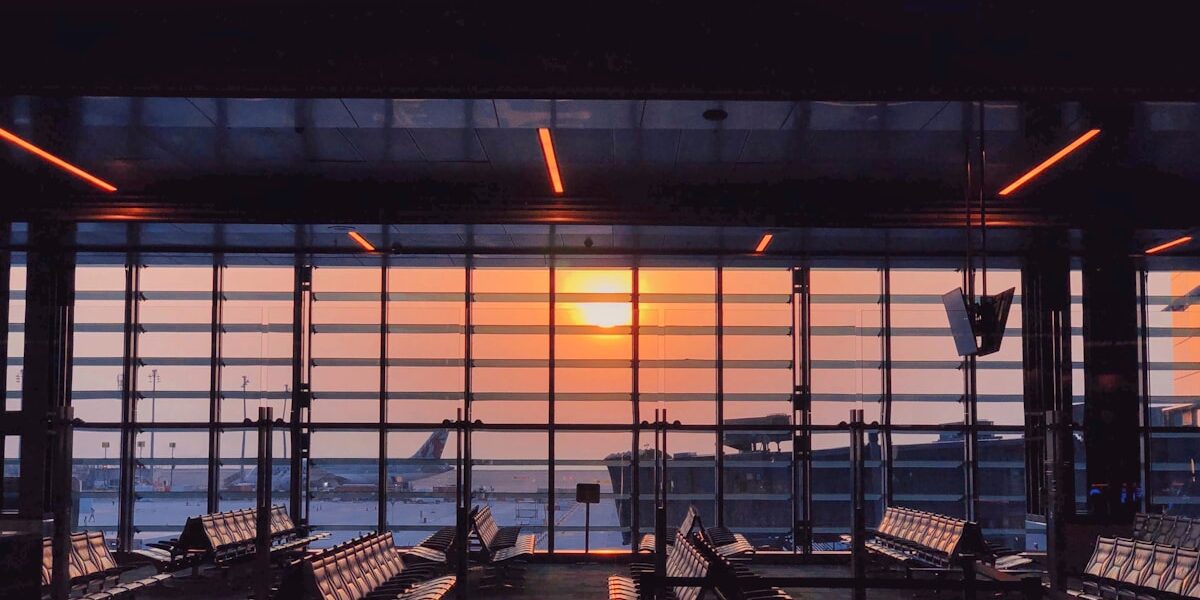Understanding EU261 Compensation
Understanding EU261 Compensation
EU261 compensation is a regulation by the European Union that allows passengers to claim compensation for flight delays, cancellations, or being denied boarding. It is designed to provide rights and support to air travelers within EU Member States.

Scope of EU261
This regulation applies to all flights departing from an EU airport, regardless of the airline. It also covers flights arriving in an EU airport if operated by an EU-based airline. This includes Iceland, Norway, and Switzerland despite not being EU members.
Eligibility Criteria
To be eligible for compensation under EU261, your flight must meet certain criteria. The flight must be delayed by more than three hours or canceled less than 14 days before the scheduled departure. Additionally, if you are denied boarding due to overbooking, you qualify. It’s important that the disruption is within the airline’s control and not due to extraordinary circumstances like extreme weather or security issues.
Compensation Amounts
The amount you can claim depends on the distance of your flight and the length of delay on arrival:
- For flights up to 1,500 km, you can claim €250.
- For flights between 1,500 km and 3,500 km, the compensation is €400.
- Flights over 3,500 km with delays exceeding four hours can receive up to €600.
In cases of downgrade, where you are placed in a lower class than what was booked, you can be refunded between 30% to 75% of your ticket price based on the flight distance.
How to Claim EU261 Compensation
To start your claim, contact the airline directly. Provide your flight details, explain the flight disruption, and request compensation. The airline will review your claim and typically respond within a few weeks.
If the airline rejects your claim or does not respond, you can escalate the issue. Contact the National Enforcement Body of the relevant EU Member State. They oversee ensuring compliance with EU261 regulations.
Extra Support for Long Delays
Apart from financial compensation, airlines must provide assistance during long delays. This includes offering meals, refreshments, and communication access like phone calls or emails. For overnight delays, they should also cover hotel accommodations and transportation.
Interpreting Extraordinary Circumstances
Extraordinary circumstances exempt airlines from paying compensation under EU261. These include events beyond the airline’s control such as:
- Extreme weather conditions
- Air traffic control strikes
- Security risks
- Political instability
Technical problems or maintenance issues usually do not qualify as extraordinary circumstances unless they arise unexpectedly and are beyond routine maintenance.
Recent Legal Developments
Several court rulings have clarified the scope of EU261. One key ruling is that strikes by airline staff do not count as extraordinary circumstances. This means passengers affected by such strikes are still entitled to compensation.
Common Misconceptions
Many travelers are unaware of their rights under EU261. Some believe that compensation is only for cancellations and not delays. However, significant delays also warrant compensation.
Another misconception is thinking that only major airlines are subject to EU261. In reality, all airlines operating within the legislated scenarios must comply, regardless of their size.
FAQs
What if my flight is canceled but the airline offers a new flight?
You are still entitled to compensation unless the airline notified you at least 14 days prior to departure. The right to care (meals, accommodation) still applies regardless of compensation eligibility.
Can I claim if I accepted a voucher instead of cash?
If you accepted a travel voucher, it might imply that you waived your right to cash compensation. Always clarify the terms when offered alternatives.
How far back can I claim compensation?
The time limits for claiming vary by EU Member State but generally range between 3 to 6 years. Check specific local regulations to ensure timely claims.
Tips for Successful Claims
Maintain all relevant travel documents such as tickets, booking confirmations, and boarding passes. Record details of the disruption including times, reasons given by the airline, and any expenses incurred. Being organized and thorough increases the likelihood of a successful claim.
If the airline disputes your claim, you can seek assistance from an alternative dispute resolution (ADR) body or consider legal action as a last resort. Some companies specialize in handling EU261 claims for a fee, often working on a no-win-no-fee basis.
Airlines’ Obligations
Besides financial compensation, airlines have other obligations under EU261. They must inform passengers of their rights through visible notices at airports and provide written explanations on demand. Transparency is key in ensuring passengers are aware of their entitlements.
Beyond EU261
Other regions have regulations similar to EU261, protecting air passenger rights. For instance, Canada has the Air Passenger Protection Regulations (APPR), and the United States has specific rules under the Department of Transportation (DoT). It’s useful to familiarize oneself with local laws when traveling outside the EU.



